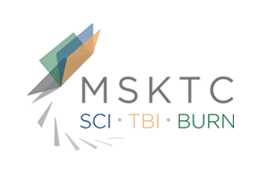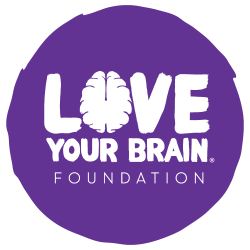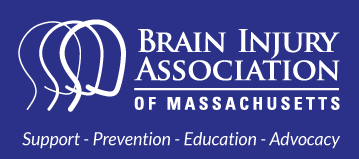BIAA’s mission is to advance awareness, research, treatment, and education and to improve the quality of life for all people affected by brain injury.
Learn MoreTBI-SPIRIT
The purpose of the TBI-SPIRIT is to develop a computerized adaptive test assessment tool to assess post-TBI social participation. The development of the project involves interviews and focus groups with people with TBI, their family members, and clinicians who work with people with TBI.
Learn MoreFeatured Publications
Placebo Controlled Trial of Amantadine for Severe Traumatic Brain Injury. NEW ENGLAND JOURNAL OF MEDICINE, 366, 819-26.
Amantadine hydrochloride is one of the most commonly prescribed medications for patients with prolonged disorders of consciousness after traumatic brain injury. Preliminary studies have suggested that amantadine may promote functional recovery.
Comprehensive systematic review update summary: Disorders of Consciousness; Report of the Guideline Development, Dissemination, and Implementation Subcommittee of the AAN, ACRM, and NIDILRR.
Report of the Guideline Development, Dissemination, and Implementation Subcommittee of the American Academy of Neurology; the American Congress of Rehabilitation Medicine; and the National Institute on Disability, Independent Living, and Rehabilitation Research
Giacino et al. (2020). Minimum Competency Recommendations for Programs That Provide Rehabilitation Services for Persons With DoC: A Position Statement of the ACRM and the NIDILRR TBIMS. Arch Phys Med Rehabil, 101, 1072-1089.
Persons who have disorders of consciousness (DoC) require care from multidisciplinary teams with specialized training and expertise in management of the complex needs of this clinical population. The recent promulgation of practice guidelines for patients with prolonged DoC by the American Academy of Neurology, American Congress of Rehabilitation Medicine (ACRM), and National Institute on Disability, Independent Living, and Rehabilitation Research (NIDILRR) represents a major advance in the development of care standards in this area of brain injury rehabilitation. Implementation of these practice guidelines requires explication of the minimum competencies of clinical programs providing services to persons who have DoC.
The minimally conscious state: definition and diagnostic criteria. JT Giacino, S Ashwal, N Childs, R Cranford, B Jennett… - Neurology, 2002
There is a subgroup of patients with severe alteration in consciousness who do not meet diagnostic criteria for coma or the vegetative state (VS). These patients demonstrate inconsistent but discernible evidence of consciousness. It is important to distinguish patients in MCS from those in coma and VS because preliminary findings suggest that there are meaningful differences in outcome.
The JFK Coma Recovery Scale-Revised: measurement characteristics and diagnostic utility. JT Giacino, K Kalmar, J Whyte - Archives of physical medicine and rehabilitation, 2004
To determine the measurement properties and diagnostic utility of the JFK Coma Recovery Scale-Revised (CRS-R).
Behavioural improvements with thalamic stimulation after severe traumatic brain injury
Widespread loss of cerebral connectivity is assumed to underlie the failure of brain mechanisms that support communication and goal-directed behaviour following severe traumatic brain injury. Disorders of consciousness that persist for longer than 12 months after severe traumatic brain injury are generally considered to be immutable; no treatment has been shown to accelerate recovery or improve functional outcome in such cases.
Featured Videos
Highlights of Spaulding Spotlight on Science
Recovery of Consciousness and Functional Outcome in Moderate and Severe Traumatic Brain Injury
Life or Death Decisions: The Brain’s ‘Self-Repair” Process May Go On for Years
Resources

Knowledge Translation Center (MSKTC)
The MSKTC summarizes research, identifies health information needs, and develops information resources to support the Model Systems programs in meeting the needs of individuals with traumatic brain injury (TBI), spinal cord injury (SCI), and burn injury. Learn More
Brain Injury Association (BIAA)
BIAA’s mission is to advance awareness, research, treatment, and education and to improve the quality of life for all people affected by brain injury. They offer state affiliates in all 50 states. Learn More
Love Your Brain Foundation
The Love Your Brain Foundation is the leading organization providing holistic support to the TBI community. They’re a thriving nonprofit rapidly growing across the US and Canada. They’re a partner to world-renowned hospitals and community yoga studios in 60+ locations. They’re a small and mighty team that values inclusive community, growth, and resilience. It’s why more than 50% of their team has their own lived experience with TBI. Learn More